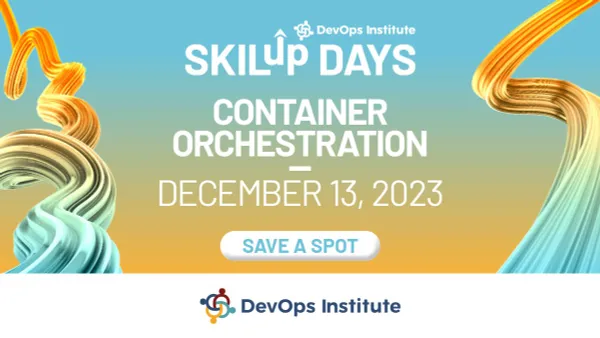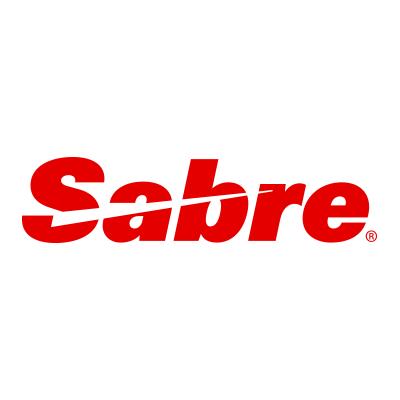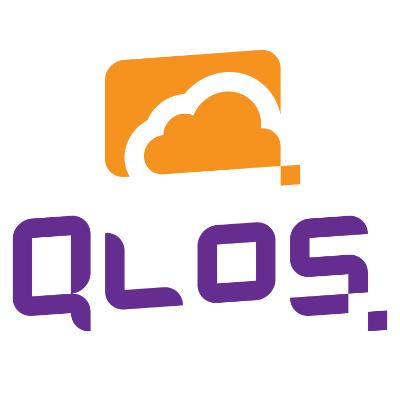SKILup Day: Container Orchestration

One goal of DevOps is to have loosely coupled applications—so that they are faster to build, test and deploy—and an important architectural pattern to achieve this goal is containers. A container is a standard unit of software that packages up code and all its dependencies so the application runs quickly and reliably from one computing environment to another.
Containers need to be orchestrated so that they are automatically provisioned, deployed, scaled, and managed so that teams can use containerized applications without worrying about the underlying infrastructure. Engineers use container orchestration anywhere containers exist and automate the life cycle management of containers.
At DevOps Institute’s Container Orchestration SKILup Day you’ll have a chance to meet leading container orchestration and cloud experts and practitioners and hear them tell their stories of how they’ve implemented container orchestration patterns to loosely couple their software products and platforms and increase deployment frequency and accelerate time to value.
What Will You Learn?
- How to get started with container orchestration using tools like Kubernetes
- The relationships between, cloud-native, microservices and containers
- What declarative programming is and why it’s important to container orchestration
- How to build a container definition file
- How to use container orchestration to ensure availability if there’s a shortage of resources or an outage
- Why container orchestration simplifies operations, improves reliability and scalability and reduces costs






